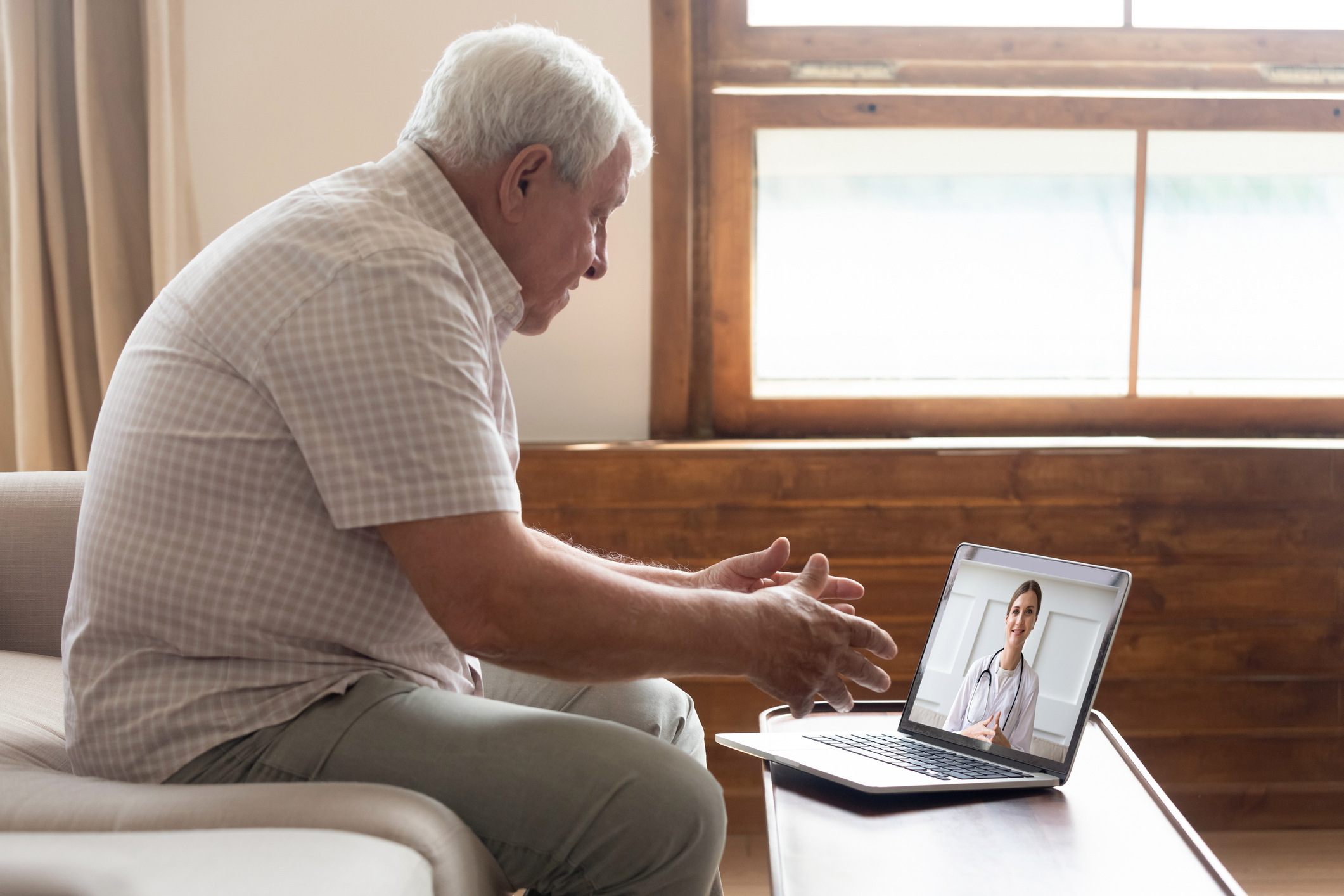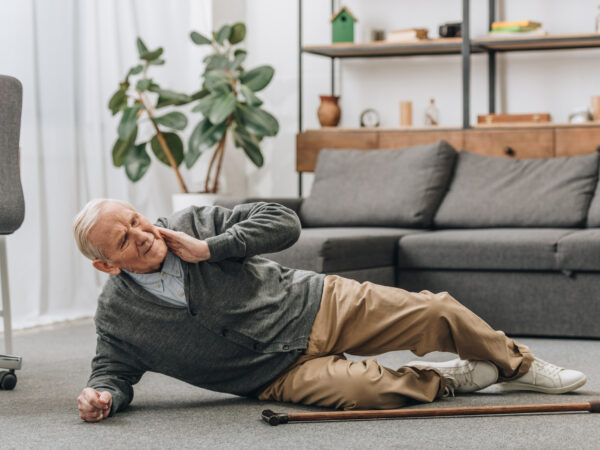Amid widespread shutdowns of non-essential businesses and services worldwide, individuals and in particular older adults over the age of 65 are being urged to stay at home. Elective surgeries and dental procedures are being postponed and rehabilitation clinics are closing their doors to help slow the speed of COVID-19 and protect the most vulnerable of citizens.
With hospitals and doctors flooded with patients experiencing symptoms of the new coronavirus, telemedicine is increasingly being used to lower the risk of exposure and limit the spread of this virus. In the United States, telehealth options for Medicare recipients were recently expanded allowing clinicians to treat their patients with a wider variety of technologies including FaceTime and Skype at no additional cost.
According to a recent AARP report, the wider use of video conferencing will allow seniors to talk with their doctors without having to travel to a health care facility. Nursing home residents will also be able to consult with their doctor virtually, have medications refilled or prescribed and more safely receive treatment. To help speed up access to care for high-risk populations including older adults and people with diabetes, heart disease or other underlying health conditions, it is also proposed that prescription refill limits be waived, restrictions on home or mail delivery be relaxed and prior authorization requirements be lifted. Waiving cost-sharing for COVID-19 tests and treatments is also proposed.
If you or a loved one is experiencing symptoms of COVID-19, call your health care provider for instructions. Symptoms may appear 2-14 days after exposure and include fever, cough and shortness of breath. Seek medical attention immediately if you have trouble breathing, have persistent pain or pressure in the chest, have new confusion or inability to arouse or have bluish lips or face. Call ahead before visiting your doctor or emergency room if you have symptoms of COVID-19, they will tell you what you should do next. Check with local health departments for instruction about checking symptoms and reporting information.
Stay home, stay informed with trusted sources and try not to panic. This too shall pass.






Add Your Voice
0 Comments
Join the Discussion